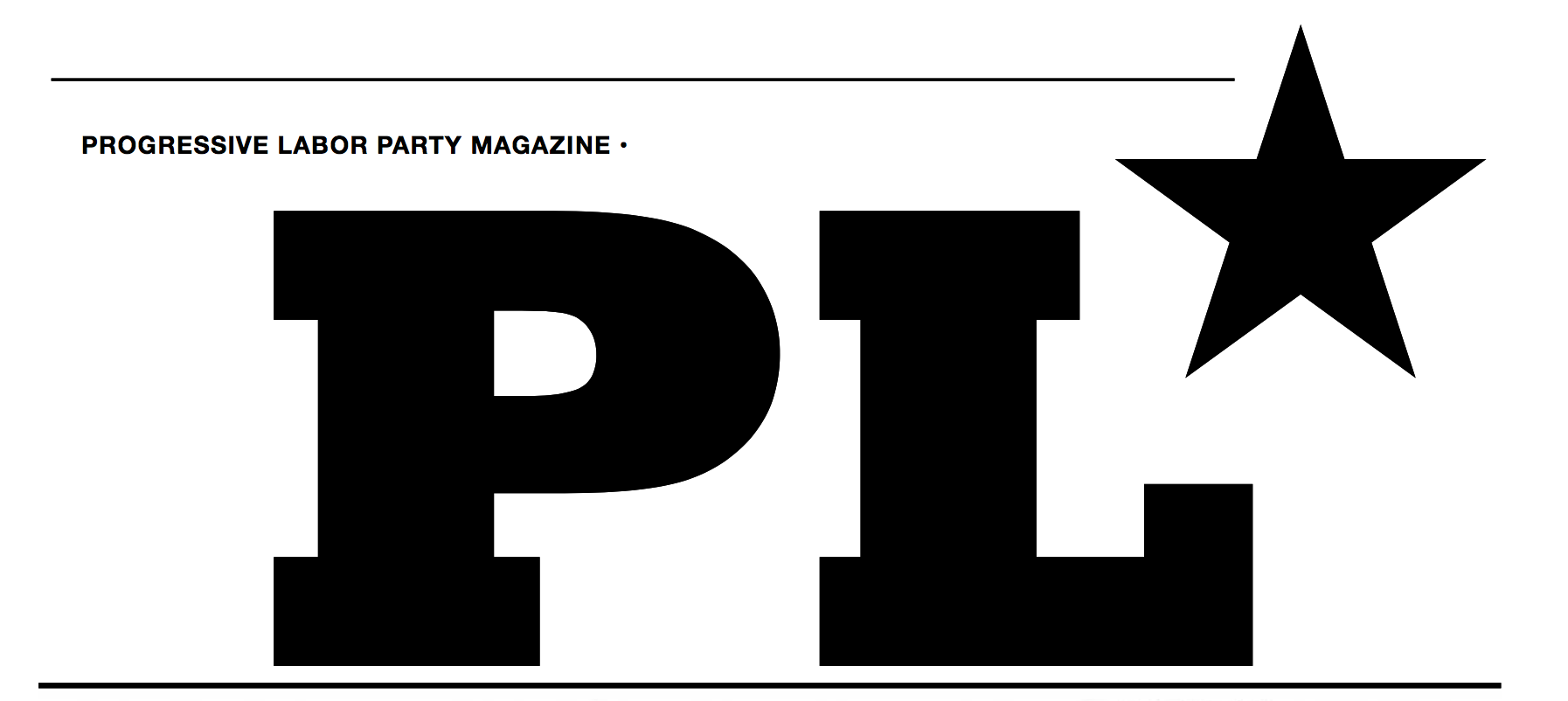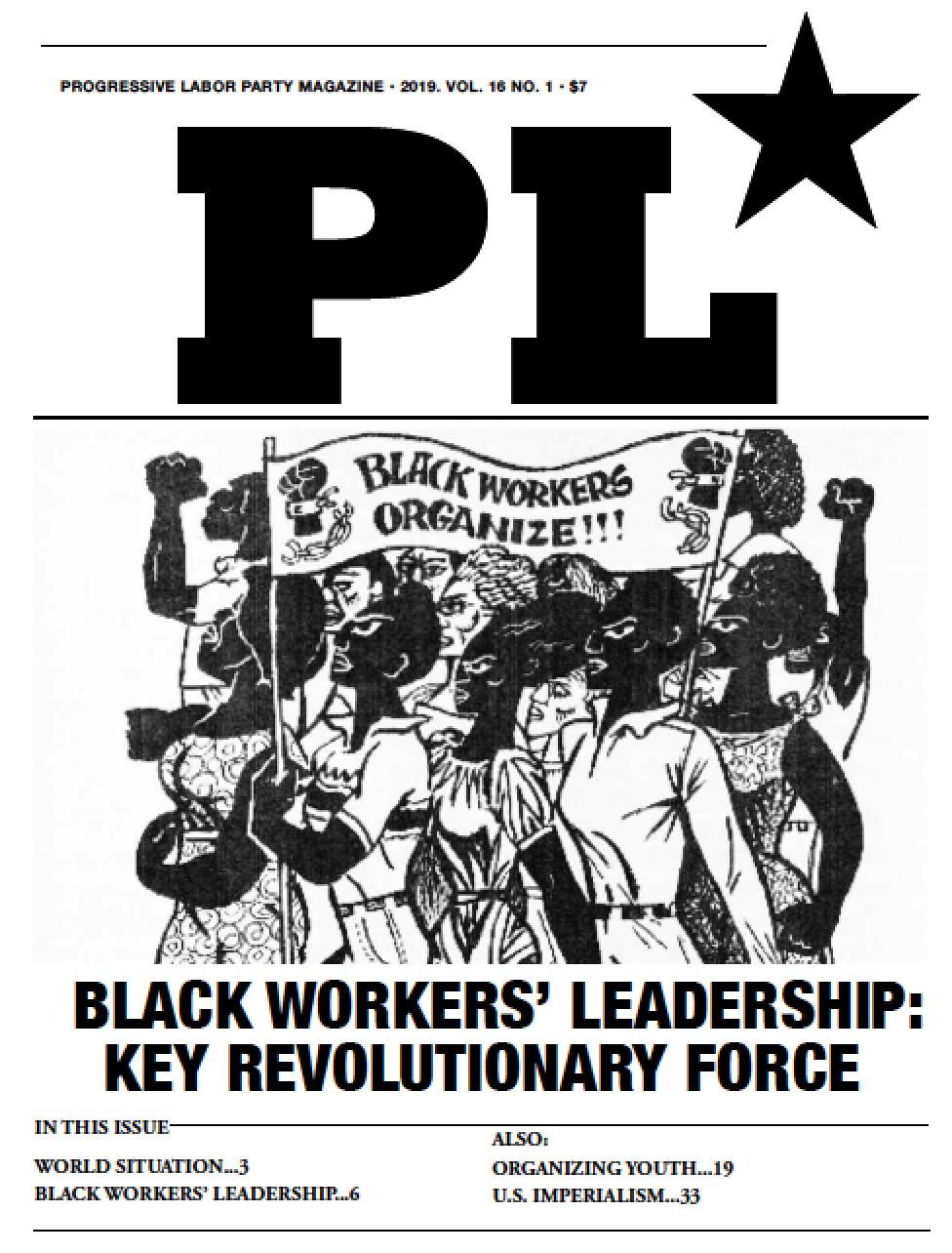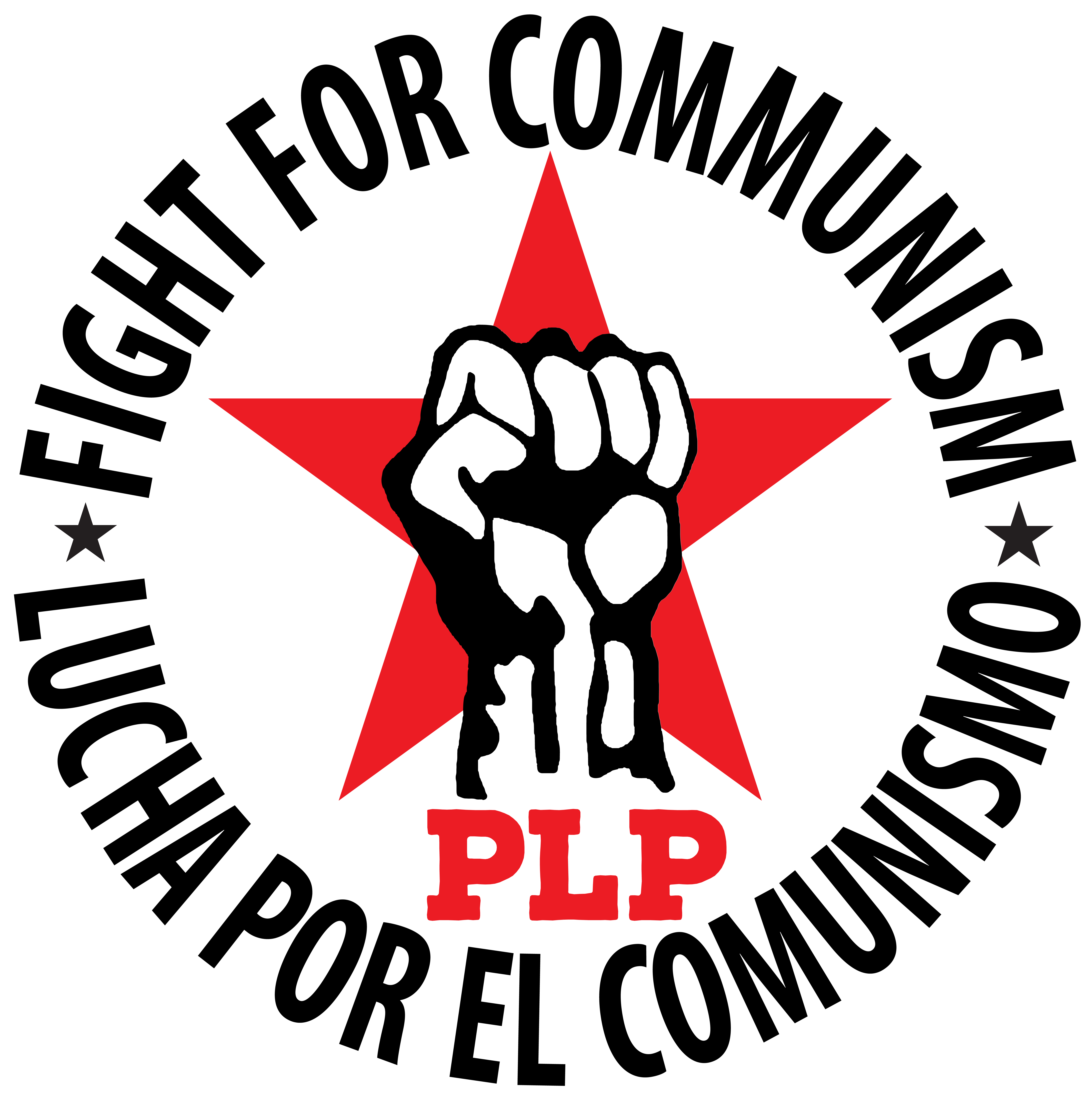Book Review: ‘Workers deserve a real communist life’
 Saturday, July 9, 2022 at 8:50PM
Saturday, July 9, 2022 at 8:50PM Beautiful Country (2021) by Qian Julie Wang is a memoir of a seven-year-old girl from China growing up with her immigrant parents in Brooklyn, New York beginning in 1994. Events described in her book provide an opportunity to reflect on what happened in the Great Proletarian Cultural Revolution (GPCR) in China from 1966 to 1969.
In Brooklyn Qian and her family lived in constant fear of being deported. They lived in unsafe apartments and worked at stifling low-paid jobs under racist and sexist attack. Qian was often hungry. She also felt the sting of racist teachers at the school she attended who felt that she was not capable of writing the papers that she turned in. Her story is full of beautiful heart-wrenching observations of life for a young person growing up in the underbelly of a racist capitalist city.
Qian was born in China in 1987. Her parents were professors at a university. The book begins with a reference to her father’s older brother, who as a teenager in 1969, had criticized Chairman Mao Zedong in writing, “for manipulating the innocent people of China by pitting them against one another to centralize his power.”
She explains further, “My uncle had naively, heroically, and stupidly distributed the essay to the public.” She tells of how there was no high school graduation for him, only “starvation and torture
behind prison walls.”Her father spent his childhood standing in front of the class every day as his teachers and classmates berated him and his treasonous family. But to be “treasonous” during the GPCR was to be for communism without any compromises with capitalism such as wages and inequality. Was Qian’s uncle a Red Guard (young communists who challenged the Chinese Communist Party leaders)?
Class struggle during the Cultural Revolution
If Qian and her family’s account is to be considered credible, it poses the need for legitimate reflection about the GPCR and the state of working-class power during that period. In the April 27th issue of CHALLENGE, Progressive Labor Party (PLP) listed the GPCR along with the October Revolution and the Chinese Revolution as the three greatest achievements of the communist movement in the 20th century. But the scope and intensity of class struggle in China at the time of the GPCR was layered and complex.
PLP in that period published a magazine article titled “The Reversal of Workers’ Power in China.” This article from 1971 points out that the official interpretation of the GPCR from the Communist Party of China was that 95 percent of the Party members were revolutionary and only a small handful of “capitalist roaders” had wormed themselves into the Party. This picture said that the left-wing forces led by Mao and those around him only had to defeat these few renegades on the right.
But the official documents about the GPCR also mention that there were many workers, students, and peasants called the “extreme leftists” who attacked all the leading cadres. The PLP article points out these extreme leftists were not a few isolated sects scattered around the country. They were a mass movement of dedicated communists that often included demobilized members of the People’s Liberation Army (PLA). Some sources say that there were 30-40 million people in their movement. One of their beliefs was that “China was already in the hands of a bourgeois ruling class.” This so-called “extreme left” was crushed by the government and army between 1967 and July 1968.
It seems very likely that Qian’s uncle was a part of this massive leftist movement which sounds a lot like the political line of PLP. We also want to go straight to communism after taking state power, establishing social equality and not relying on wages and maintaining inequality like China did under Mao’s leadership.
If Qian has her story right, her uncle and father’s treatment as young people are clear signals that communist politics and principles were not leading China – capitalist politics were. For example, there are stories of how magnanimous the communist soldiers in China were in battle during the civil war before taking power. After a battle with the Kuomintang (the soldiers in the Chinese bosses’ army), the Red Army would talk to those they captured. They would tell them to “quit doing what they were doing” and fight for the working class instead. Then they were released! It gave the Red Army a great reputation.
Also in the famous book Fanshen, William Hinton describes in great detail the lives of peasant workers in one little village and how things developed during the revolution. The communist cadre had to “pass the gate” – that is, stand before all the villagers and criticize themselves and be criticized by the villagers to be stronger and make things better. Nobody was tortured or starved.
Qian Julie Wang’s book shows that working people all over the world deserve a real communist life, that life under capitalist roaders whether in China, the U.S., or anywhere, leads only to imperialist war, racism, poverty, and many other attacks. Learning our history well and building the Party will help us create a communist future.
 book,
book,  china,
china,  cultural revolution,
cultural revolution,  mao
mao 




 Progressive Labor Party (PLP) fights to destroy capitalism and the dictatorship of the capitalist class. We organize workers, soldiers and youth into a revolutionary movement for communism.
Progressive Labor Party (PLP) fights to destroy capitalism and the dictatorship of the capitalist class. We organize workers, soldiers and youth into a revolutionary movement for communism.




Reader Comments